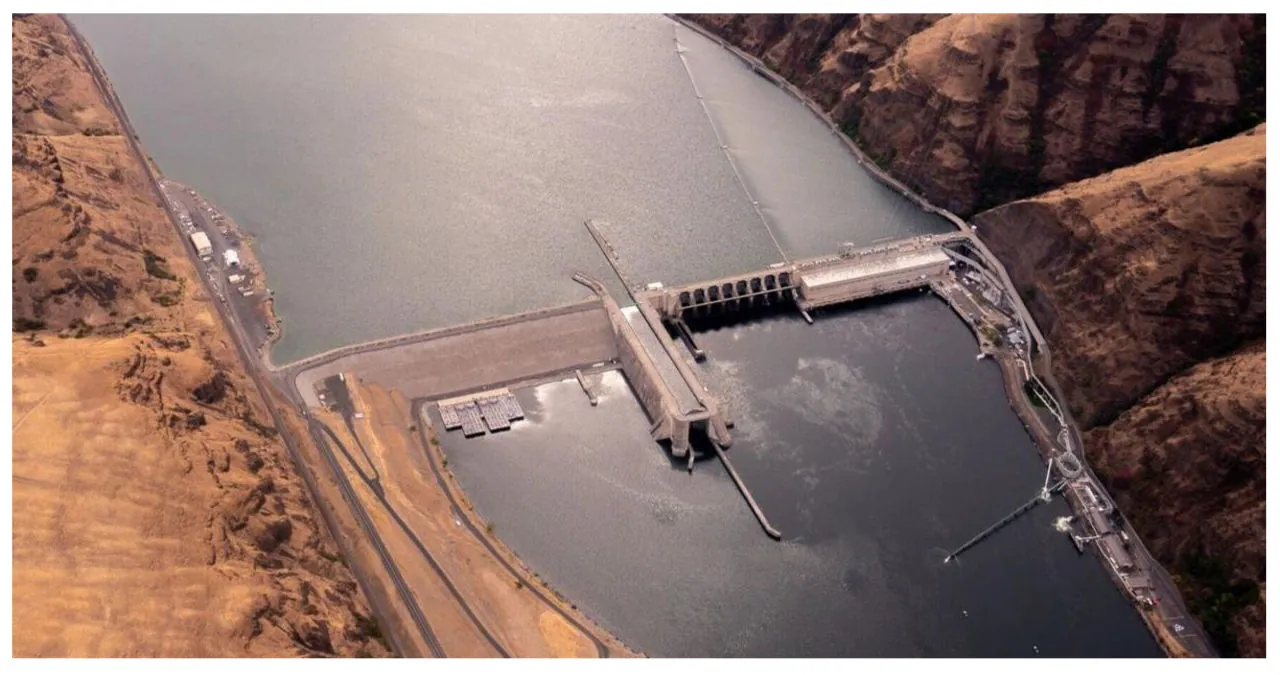The state of Idaho has recently joined a long-standing lawsuit concerning the operations of four federal dams on the Lower Snake River in Washington and their impact on wild salmon populations.
The Biden administration recently unveiled a groundbreaking agreement that has been filed in U.S. District Court in Oregon. This agreement involves the states of Washington and Oregon, as well as four tribal nations. Under the terms of the pact, there will be a 10-year pause in legal proceedings to allow for the implementation of a comprehensive plan aimed at increasing fish populations and their chances of survival. This plan even includes the potential option of breaching the dams.
Judge Michael H. Simon has set a deadline of December 29 for the involved parties to respond to the proposal. They will then have until January 14 to submit any rebuttals before Judge Simon makes his ruling on the matter.
In May 2001, the National Wildlife Federation and Oregon filed a lawsuit against the National Marine Fisheries Service. They claimed that the federal officials had neglected their duty to safeguard endangered salmon as they migrated along the Columbia and Snake rivers, from the Pacific Ocean to their spawning grounds in Idaho.
Over the years, the dispute has attracted the attention of over 70 parties and 100 attorneys, including the plaintiffs and defendants.
Idaho recently filed a complaint with the court on December 1. According to Idaho Attorney General Raul Labrador, breaching the Lower Snake River dams is not a viable solution since the dams were built before the federal government designated the salmon in the river system as endangered.
According to the claim, the LSR dams play a crucial role in the State of Idaho. Not only do they provide a navigable channel for commodities from the Port of Lewiston to reach global markets, but they also generate electricity for thousands of Idaho residents. Furthermore, the reservoirs created by these dams offer recreational resources and economic benefits to both the state and its residents.
U.S. Reps. Cathy McMorris and Dan Newhouse, two eastern Washington Republicans whose congressional districts include the four dams, have also expressed their concerns about the positions. They reiterated their concerns last week after the White House announced the Columbia Basin Restoration Initiative.
“This final package, which would render our region’s dams essentially useless, affirms what we have all been aware of for years,” stated Newhouse. “The Biden administration is appeasing the demands of radical environmental activists who fail to grasp both the significance of the dams to our region and the ramifications of their suggested measures.”
According to Newhouse, the administration’s goal is evident as the phrase ‘breaching the dams’ is mentioned a total of 68 times in the package. He firmly believes that the authority to remove the dams lies solely with Congress.
The federal government and the “six sovereigns” – the states of Washington and Oregon and the Nez Perce, Umatilla, Warm Springs, and Yakama tribes, along with a coalition of fishing and environmental organizations represented by EarthJustice in the lawsuit – signed a memorandum of understanding to support the initiative.
According to a press release from the White House, the agreement’s implementation will lead to the expansion and enhancement of cost-effective, sustainable, and dependable energy choices for the region. The investments made through this agreement will not only guarantee ongoing energy reliability and affordability but also support various essential services like transportation, recreation, irrigation, and more. This includes potential measures to breach the four Lower Snake River dams, if authorized by Congress.
Washington Governor Jay Inslee and Oregon Governor Tina Kotek have both expressed their support for the initiative. According to a statement from U.S. Senator Patty Murray of Washington, salmon play a vital role in the region’s economy, culture, environment, and tribal communities.
Murray acknowledged the importance of considering the perspectives and concerns of various stakeholders who depend on the river’s benefits. He emphasized the need to engage with growers, producers, public utilities, river users, ports, and others to ensure their voices are heard in these discussions. Murray expressed his commitment to working towards incorporating their viewpoints and addressing their concerns.
More News:
- Identity of suspect in deadly Arkansas police chase revealed
- A family is suing after a man was discovered dead and alone outside a nursing home in the Kansas City area

